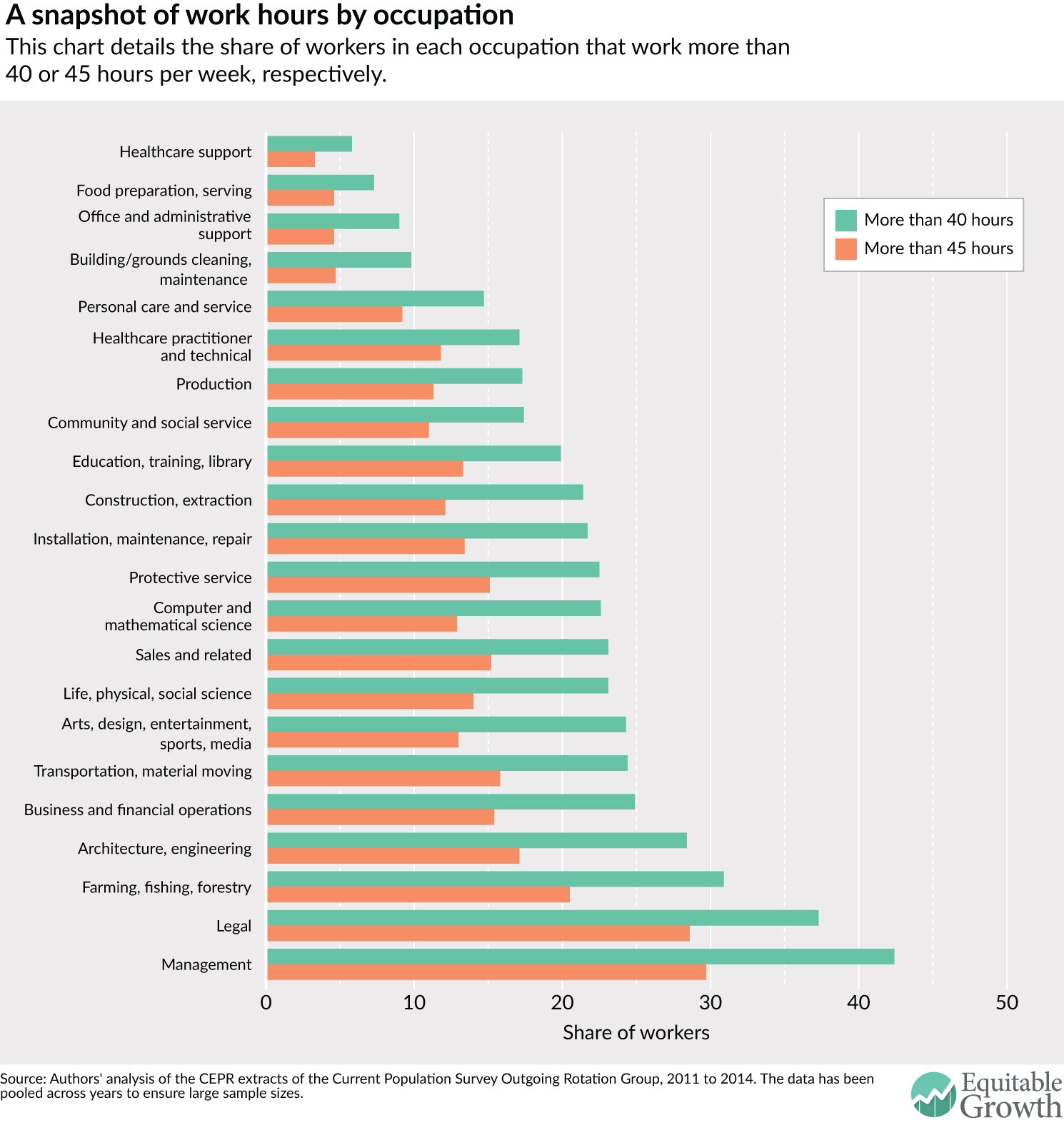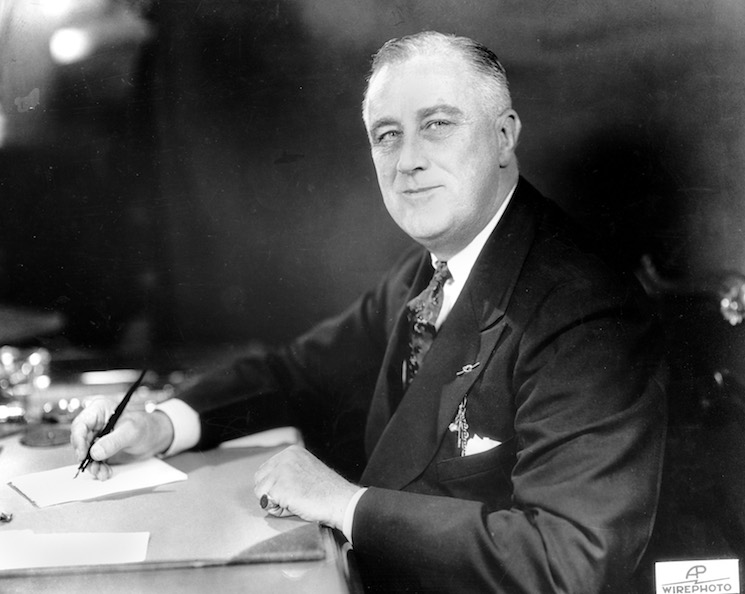Unstable schedules are common in the U.S. economy, especially in the rapidly growing service sector, with many workers reporting not knowing what their work schedule will be until the last minute or frequent changes to the timing of their shifts. These practices often leave workers wanting more hours than they receive and disrupt their financial stability, health, and family life, while also raising employee turnover costs and reducing productivity for employers.
Equitable Growth began investing in research on the costs of unstable scheduling practices in 2016. Since then, several cities and one state have adopted Fair Workweek ordinances, and we continue to build the evidence base on whether those interventions are working for workers, families, and businesses alike.
Featured work
Explore the Equitable Growth network of experts around the country and get answers to today's most pressing questions!















